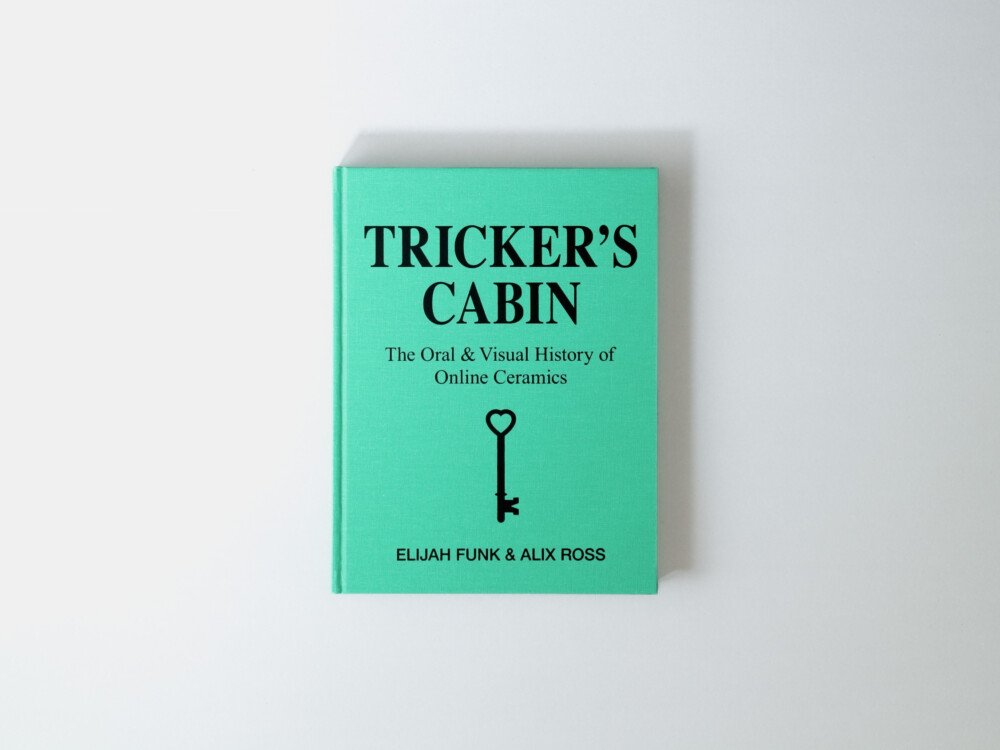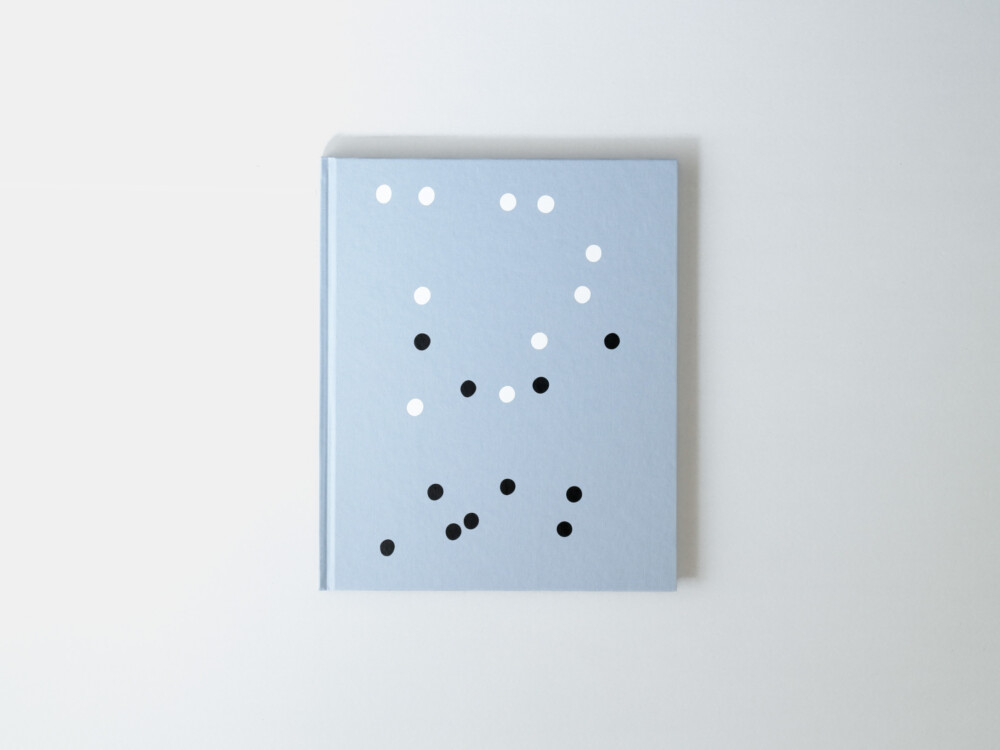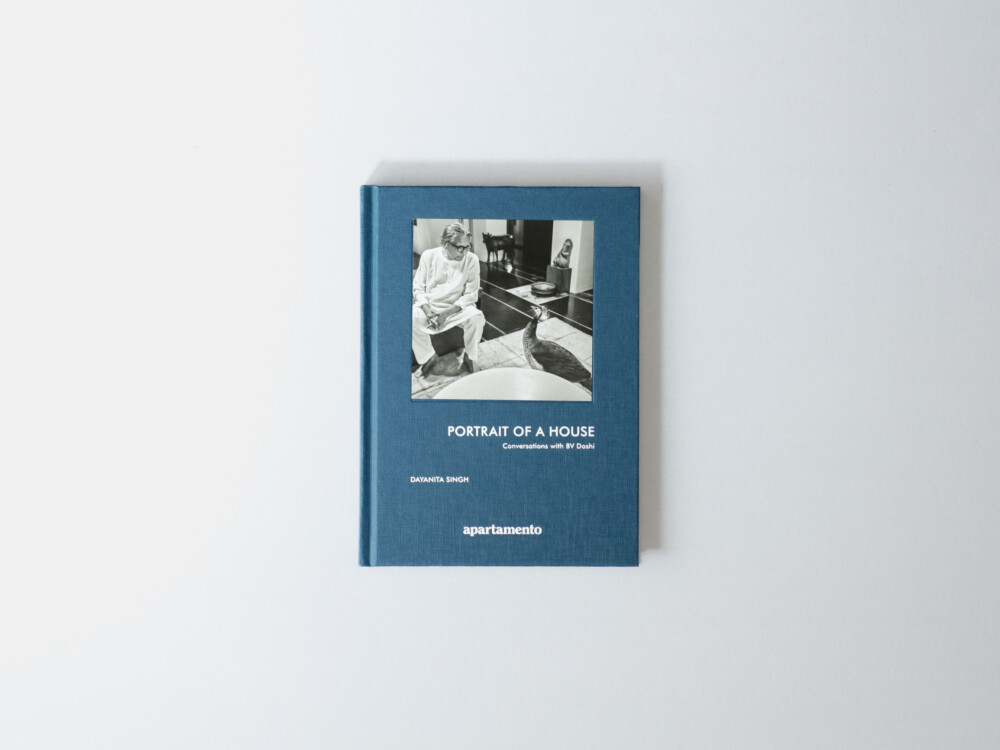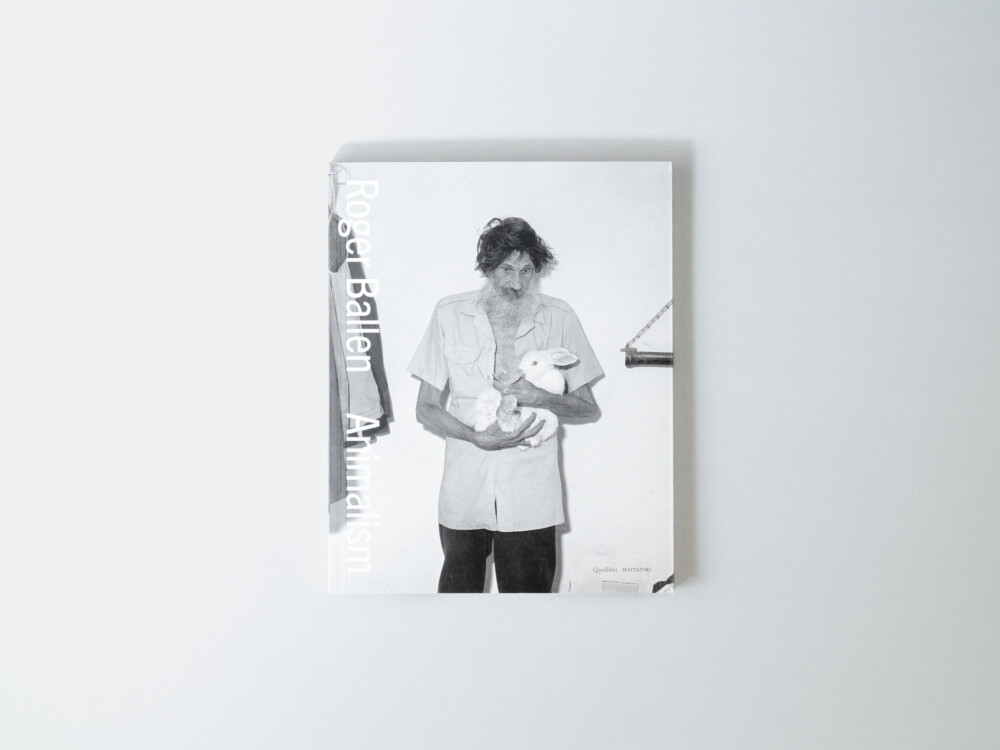Starting in the 16th century, over 300 years of Dutch contact with the Indonesian archipelago gave rise to a population of Indo-Europeans — Dutch citizens sharing both European and Asian ancestry. In 1942, Japan attacked and occupied the Netherlands East Indies, and for over 3 years Dutch East Indies was ruled by the Japanese military, with more than 360,000 Japanese stationed in the Indies throughout that period. Not only were the men in military service in the Netherlands Indies Army or Navy interned in POW camps, most of Dutch civilian men were also interned in the civilian camps. With their male families interned during the war, the women and children were left to fend for themselves. Forced to search for a livelihood, many Indo-European women found work in Japanese offices, cafes or restaurants. In many cases, their encounters with the Japanese occupiers led to intimate relationships, both consensual and forced, and births. The number of Japanese offspring born during the war were estimated to be 10,000 to 30,000, but there is no concrete number even now. Many children of Japanese descent grew up in communities which harboured hostile sentiments towards Japan. Today, more than 70 years after the end of WWII, many children are still searching for their biological fathers in Japan to fill an important missing element of their identities, and many are still suffering the adverse effects of traumatic childhoods. They take pride in their Japanese roots and they yearn for the land of their fathers as they struggle to solve the puzzle of their origins.

















